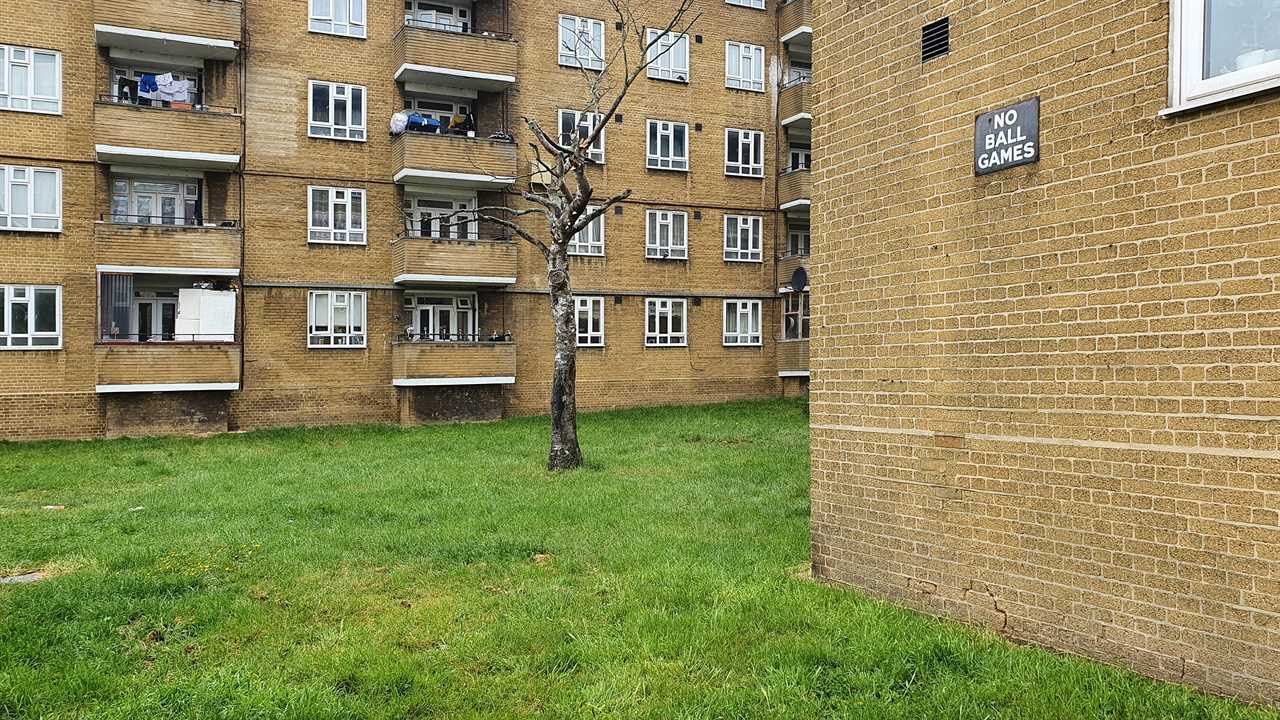
Town Halls Urged to Assess Social Housing Amid Killer Concrete Fears
Town hall chiefs have been instructed to quickly assess their social housing stock due to concerns that some buildings may contain potentially dangerous concrete. The Institute of Structural Engineers, the industry body for structural engineers, has written to local authorities urging them to assess council homes constructed between the 1950s and 1980s. Buildings with a flat roof and panel structures are deemed most likely to be at risk.
Concerns in Schools and Homes
The presence of RAAC (Reinforced Autoclaved Aerated Concrete) has had a significant impact on schools, with thousands of children experiencing a delay to their term or being forced into remote learning. While most schools have managed to continue face-to-face teaching, a total of 147 schools have been affected, with 19 experiencing delayed starts, 20 implementing home-learning, and four teaching fully remotely. Rishi Sunak and Education Secretary Gillian Keegan have pledged to support teachers, parents, and children in returning to normal schooling as quickly as possible.
Widespread Concerns about Hospitals, Court Houses, and Social Homes
There are growing fears that the issue of crumbling concrete is more widespread than initially believed. Hospitals, court houses, and social homes are also potentially at risk. Ongoing investigations by surveyors aim to determine the extent of the problem. At a recent Prime Minister's Questions session, Sir Keir Starmer criticized the government for years of neglect, while the Prime Minister dismissed the remarks as "political opportunism."






